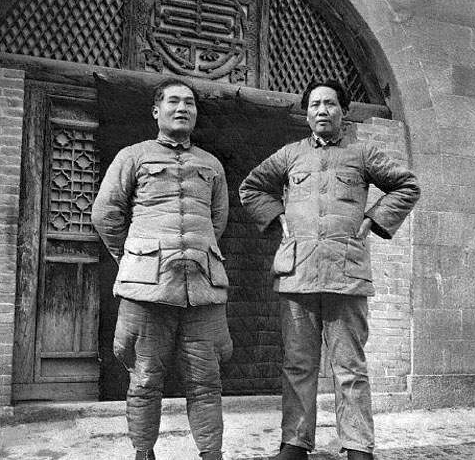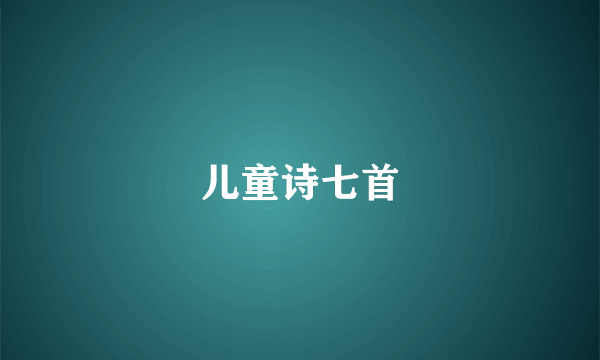
"wake sb up"和wake up sb.都是叫醒某人,如果是人名,就说wake up sb,如果是代词,就说wake sb up。如:Please wake up Charlie at six o'clock tomorrow.morning/Please wake him up at six o'clock tomorrow morning.
wake up to(v.+adv.+prep.)
(使)认识到 (cause sb to) aware of a problem, situation, etc.
I wish I could wake her up to the danger she is in.我希望能唤醒她认识到处境危险。
wake up(v.+adv.)
1.醒来; 唤醒,弄醒 (cause to) stop sleeping
What time did you wake up this morning?今天早晨你几点醒来的?
2.引起注意 give rise to sb attention
The author used three exclamatory marks at the end of the last sentence to wake up the readers.作者在文章的最后一句连用了三个惊叹号,以引起读者的注意。
wake to(v.+prep.)
(使)认识到; (使)觉悟 (cause to) realize; (cause to) become conscious of or realize the truth of
〔说明〕 wake up通常不用于进行体。
I wish she'd wake up! She's so naive!她实在太幼稚了,我希望她能醒悟过来。
1.醒后听到或看到(某物) hear or see sth after awaking
Do you like waking to the sound of a radio?你愿意醒来就听到收音机的声响吗?
wake from(v.+prep.)
(使)醒来 (cause to) become conscious again after sleep
It takes me a long time to wake from my night's sleep.我通常需要很长时间才能从一夜的酣睡中醒来。
in the/one's wake (of)
在…后留下 leaving sth on the back
The floods began to recede, leaving swamps in their wake.洪水开始退去,留下一些沼泽地。
The car left clouds of dust in its wake.汽车驶过后尘土飞扬。
用法1:wake的基本意思是“唤醒”,可表示由于外界因素把处于睡眠状态的人“唤醒”或“某事〔物〕唤起了某人的回忆”,引申可指“使醒悟”“激发”“引起”。
用法2:wake既可用作及物动词,也可用作不及物动词。用作及物动词时,可接名词或代词作宾语; 用作不及物动词时,可表示自发醒来或处于醒的某种状态,接不定式作状语时,表示“醒来(发现、看出、听到)…”。
用法3:wake用作不及物动词时,其主动形式常可表示被动意义。
用法4:wake作谓语时其主语既可以是人,也可以是物。主语是物时多用于比喻、拟人等。
用法5:wake用作名词时的意思是“航迹,痕迹”,指船、汽车等运输工具在固定的航线上留下的印迹,有时可引申指“跟随”“带来某种不幸的事”。
用法6:wake常与介词in连用。
用法7:wake是不可数名词,没有复数形式。
标签:wake,up,sb
















